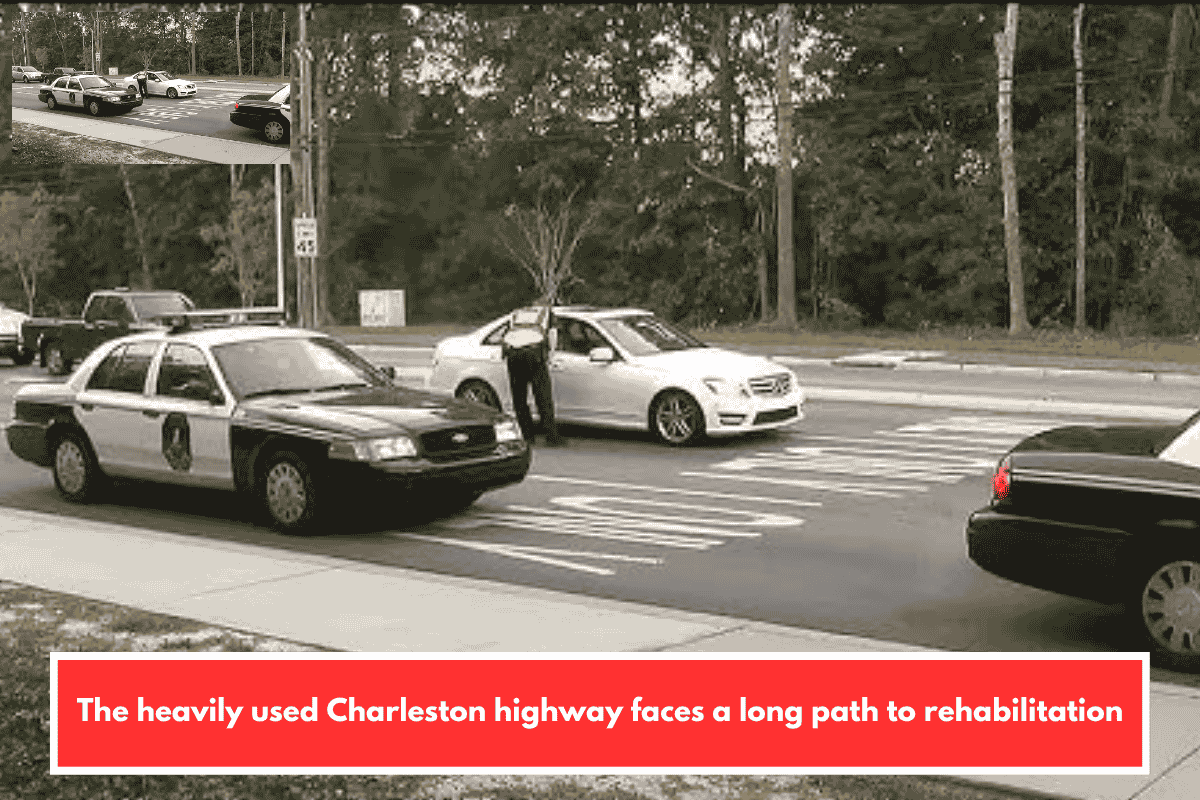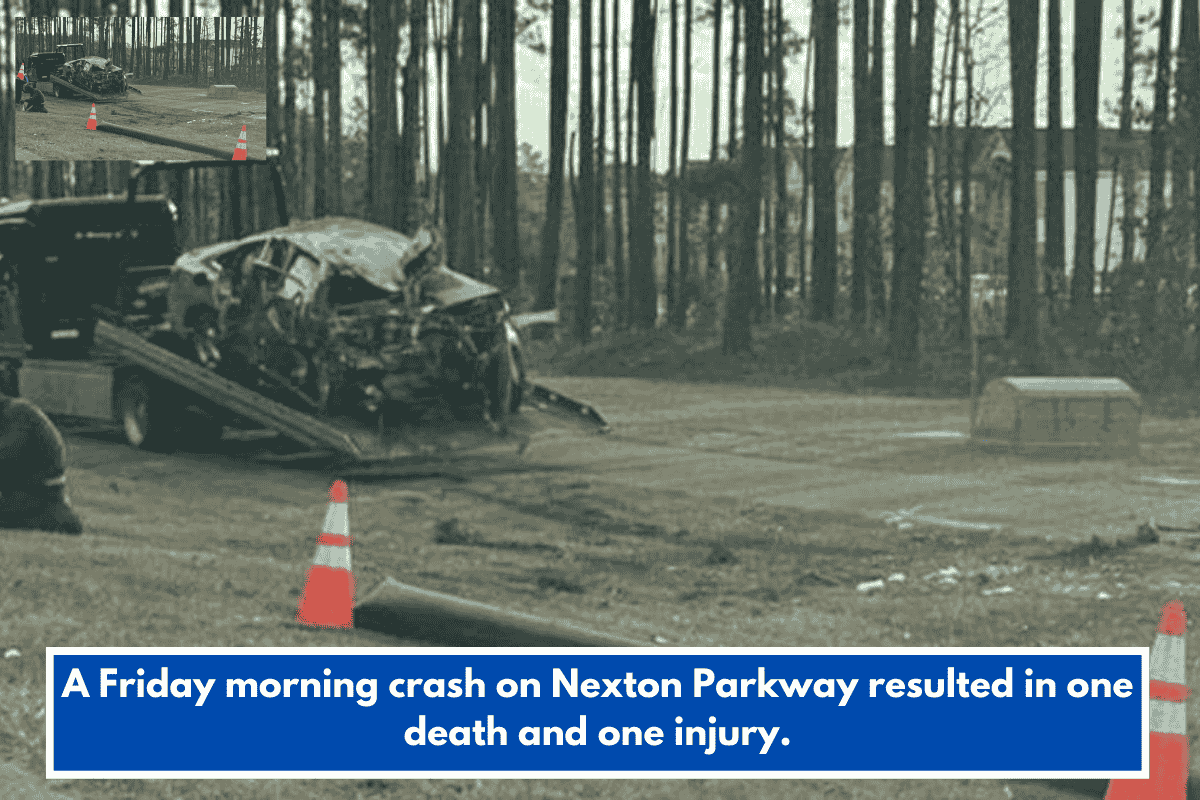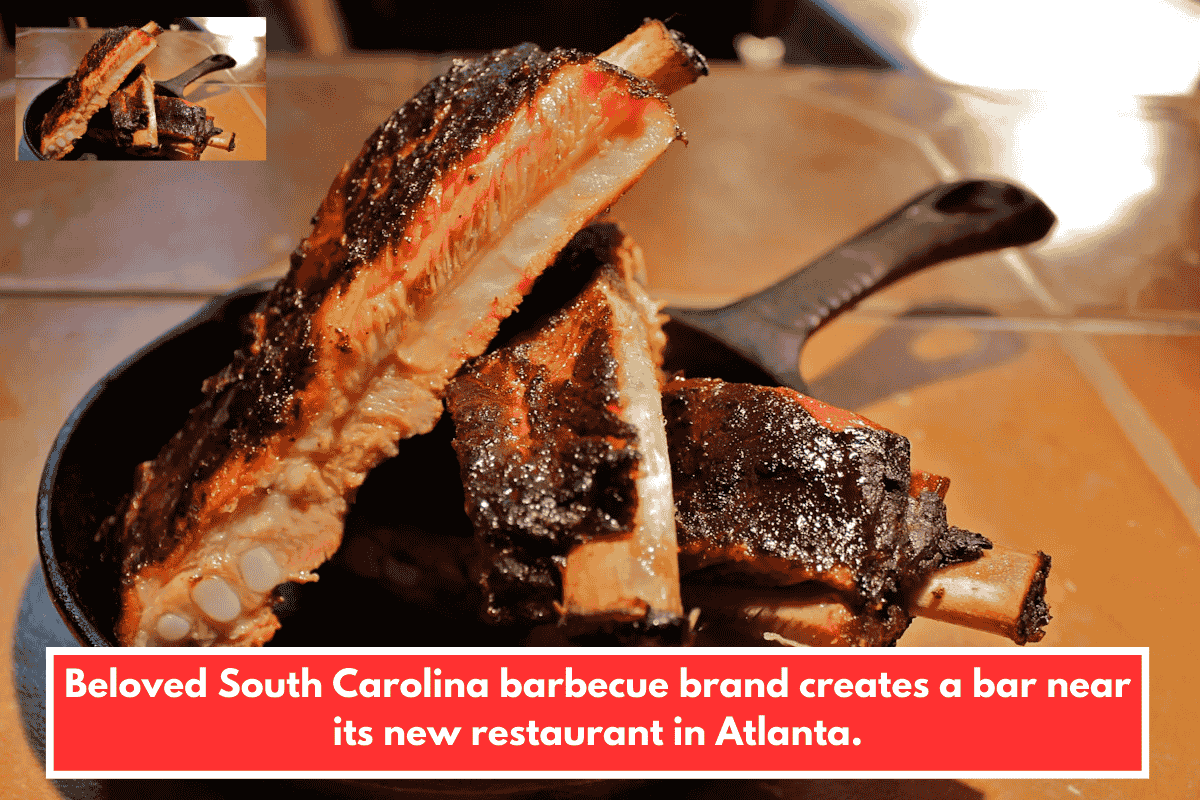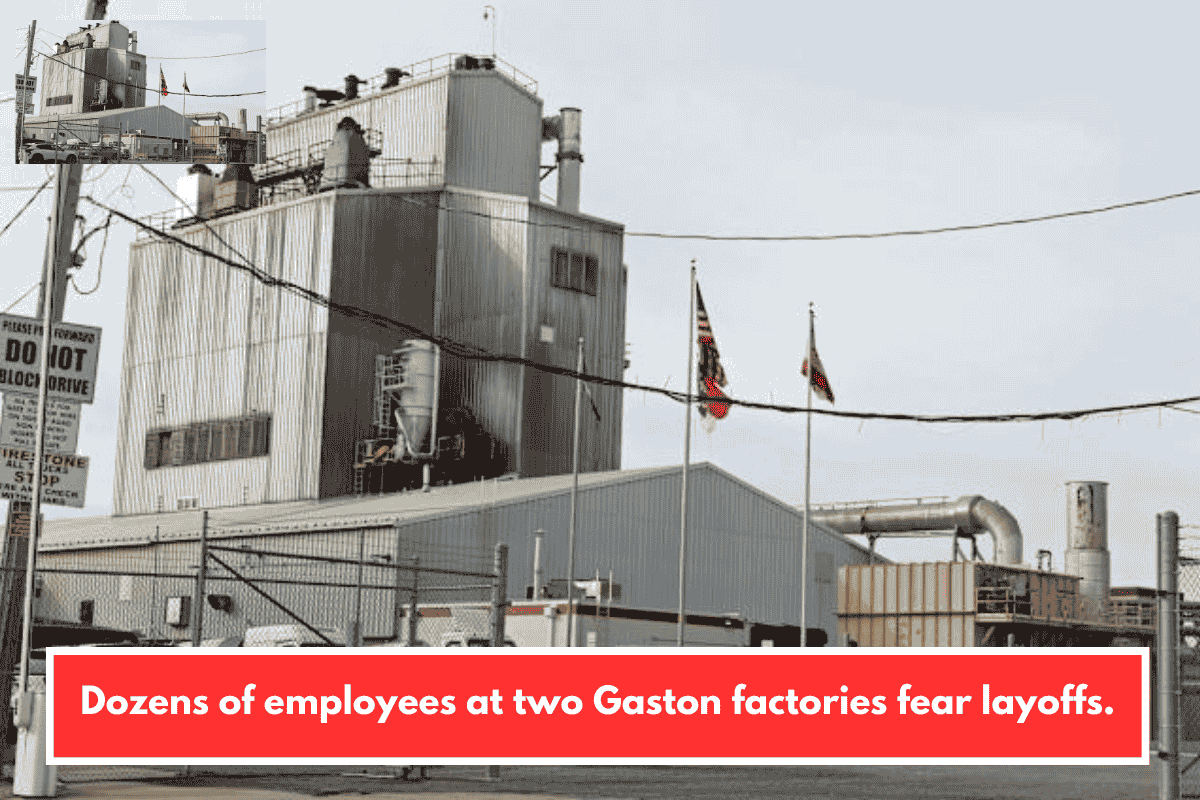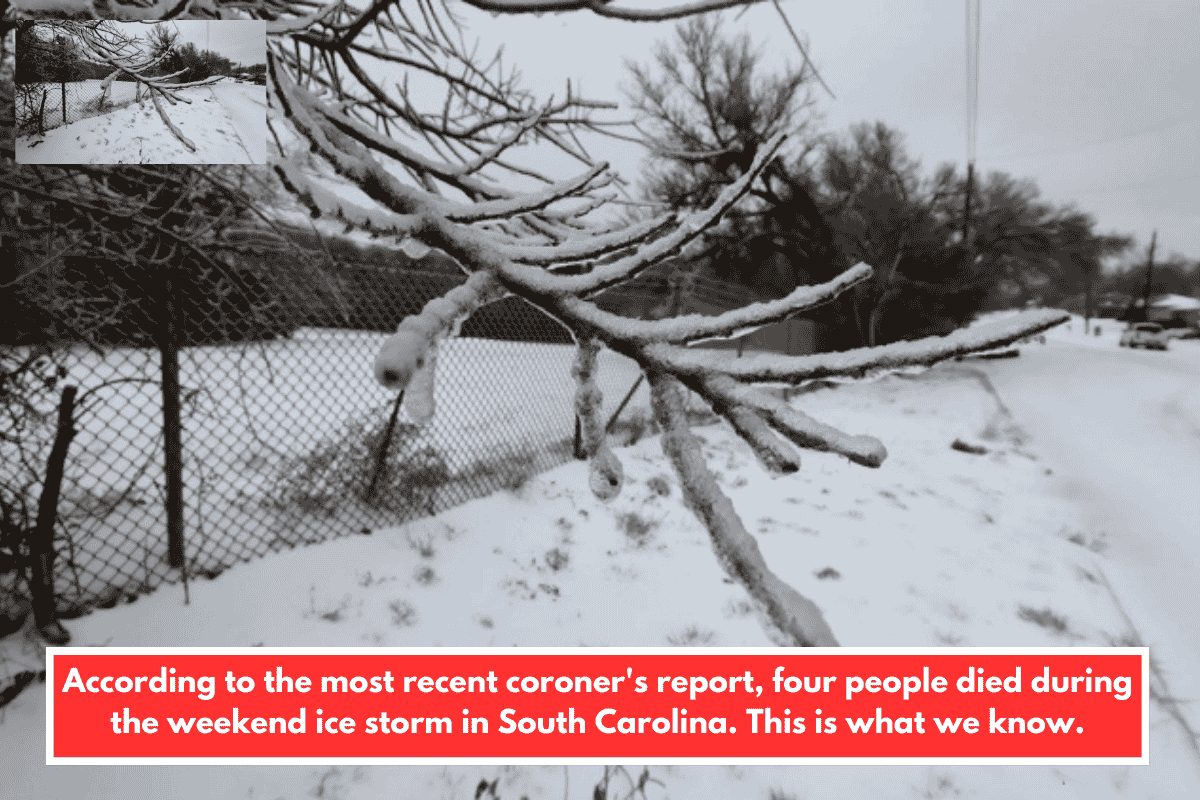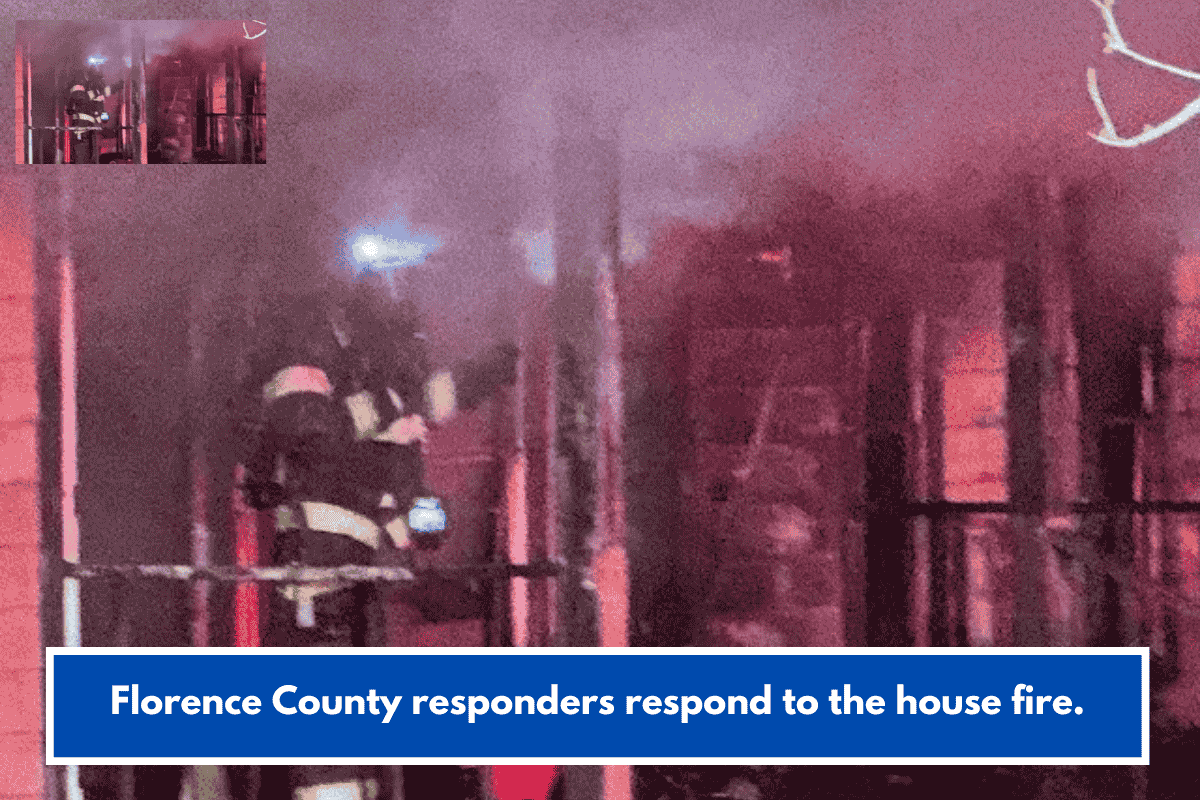Charleston, South Carolina – One of South Carolina’s oldest and busiest roadways, which transports more than 50,000 automobiles each day, may soon undergo safety improvements thanks to a legislative drive.
State and Lowcountry officials say long-term improvements are on the way for Ashley River Road, also known as Highway 61, but the project will take time and significant funds to complete. Many passengers are concerned about congestion and potential risk.
Since the plan’s initial announcement in August 2024, State Rep. Gary Brewer has helped collect $2 million from the state budget to fund a preliminary study. Charleston County has subsequently finished the procurement procedure and handed over the study to a third-party contractor.
The next step, preliminary design, will cost an extra $5.9 million. Brewer said he intends to request the funds at the upcoming legislative session in January. Even if it is granted, he estimates that the entire project, including research, public involvement, and construction, will take approximately nine years and cost more than $100 million.
The need for safety enhancements is obvious. From 2017 to mid-2022, the South Carolina Department of Transportation recorded 2,008 car crashes, 28 bicycle accidents, and 18 pedestrian crashes on just one stretch of Highway 61.
“In about a mile and a half stretch, we’ve got to have everything that you can possibly imagine,” Brewer tells me. “We need to get down and find out where we can widen, where we can’t widen, how we can stage work, what would help floods, what would improve traffic flow, how we can get students safely in and out of school, everything, and people in and out of their neighborhoods. So there is a lot to take in.”
Brewer said that upgrading Highway 61 has been one of his major goals since taking office. When he initially stood for office, he claims the message from citizens was loud and plain.
“When we ran the first go-around, we knocked on a little over 6,000 doors,” Brewer tells me. “When we knocked on those doors, infrastructure was the number one priority. And the top priority for infrastructure was this corridor in the West Ashley end of my constituency.”
That feedback, he adds, motivates him to keep pushing for progress, even if it takes time.
“I live on the West Ashley side of my district. I see it every day, but hearing my neighbors, friends, family, and constituents talk about how difficult it is to travel that route and witnessing the head-on collisions and challenges that we face every day, it’s something that needs to be addressed immediately. “We can’t afford to put it off any longer,” he says.
Brewer said that discussions about repairing Highway 61 are not new. He claims that similar proposals were considered by previous municipal and state officials, but they were never implemented.
“It had been brought up multiple times and remembered by multiple predecessors, but it was always told it couldn’t be done,” he claims. “I think that we found out that all you’ve got to do is force the conversation and you get to a point where you can actually make the project happen.”
Brewer also cites the state’s lengthy procurement procedure as a key impediment, which can cause projects to be delayed for years before work begins.
“There is a lot going on at the state level right now that can help us enhance our procurement. Currently, it takes between five and seven years to get to construction, and construction is usually the quickest stage. “Once they start construction, things usually move much faster,” he says. “So, we’re working on that right now to help give some tools to the counties to be able to speed up the pre-construction and the procurement processes.”
While large-scale changes may take years, minor safety enhancements may emerge sooner. In March of this year, SCDOT proposed improvements such as high-visibility crosswalks, bike lanes, accessible ramps, and new pavement markings. The government also intends to deploy equipment designed to reduce pedestrian and angle collisions.
Brewer says these improvements are only the start of a much larger effort to make Highway 61 safer and more efficient for the thousands of drivers that use it every day.
Construction on these safety upgrades may begin as early as 2026.

